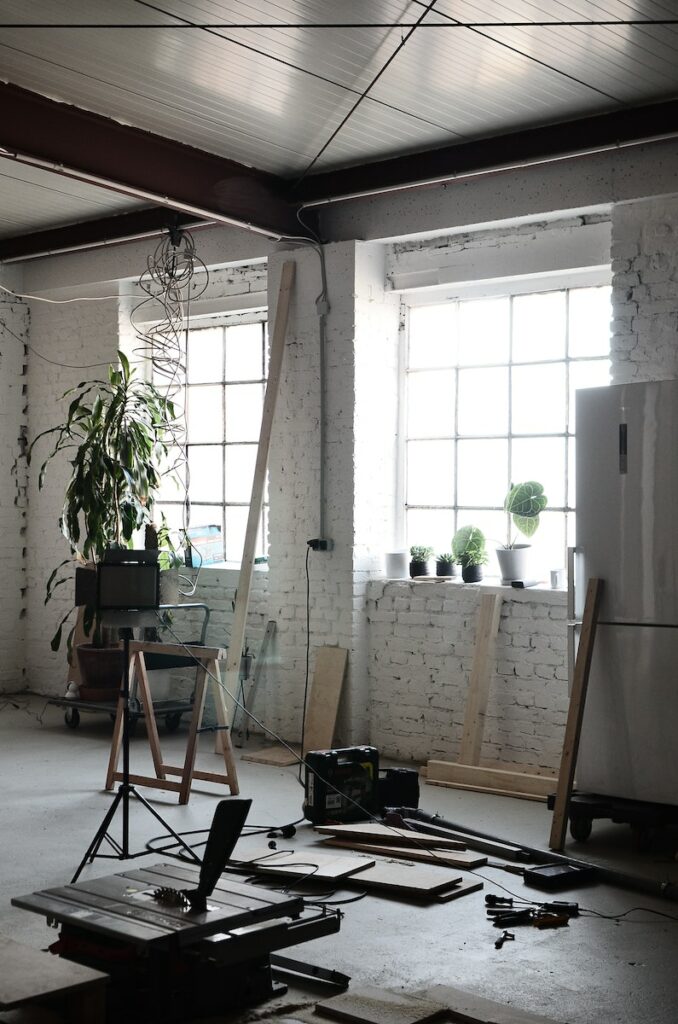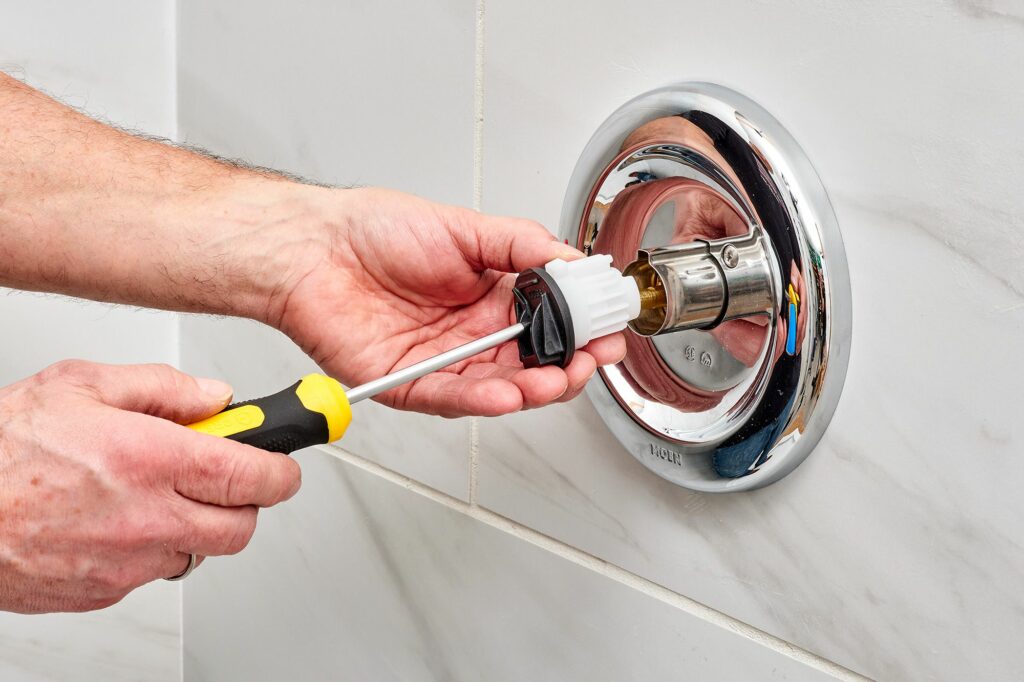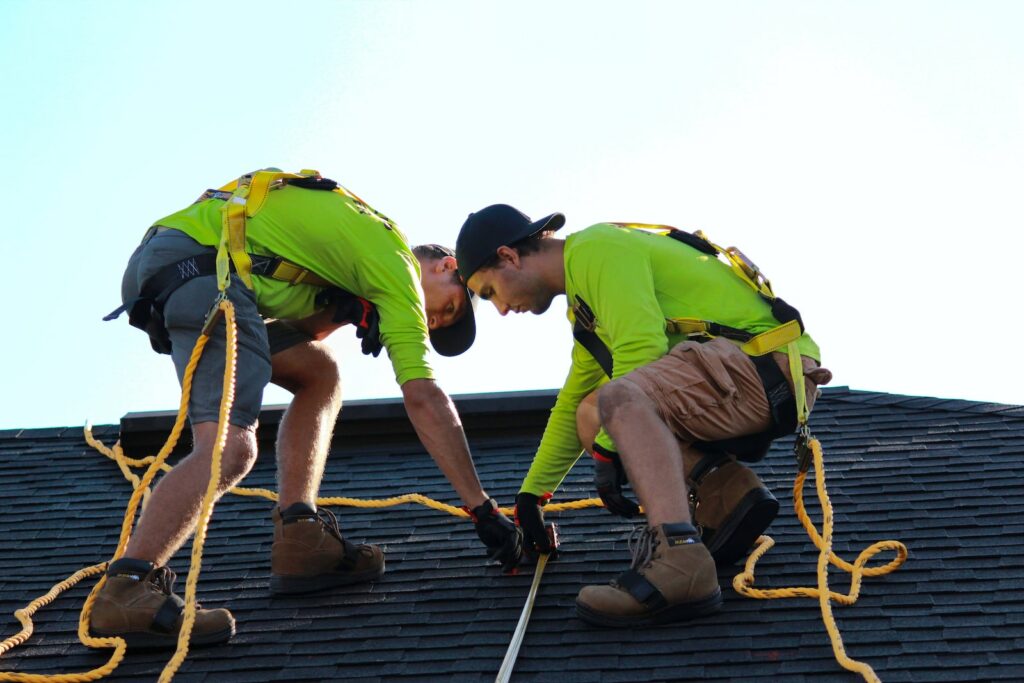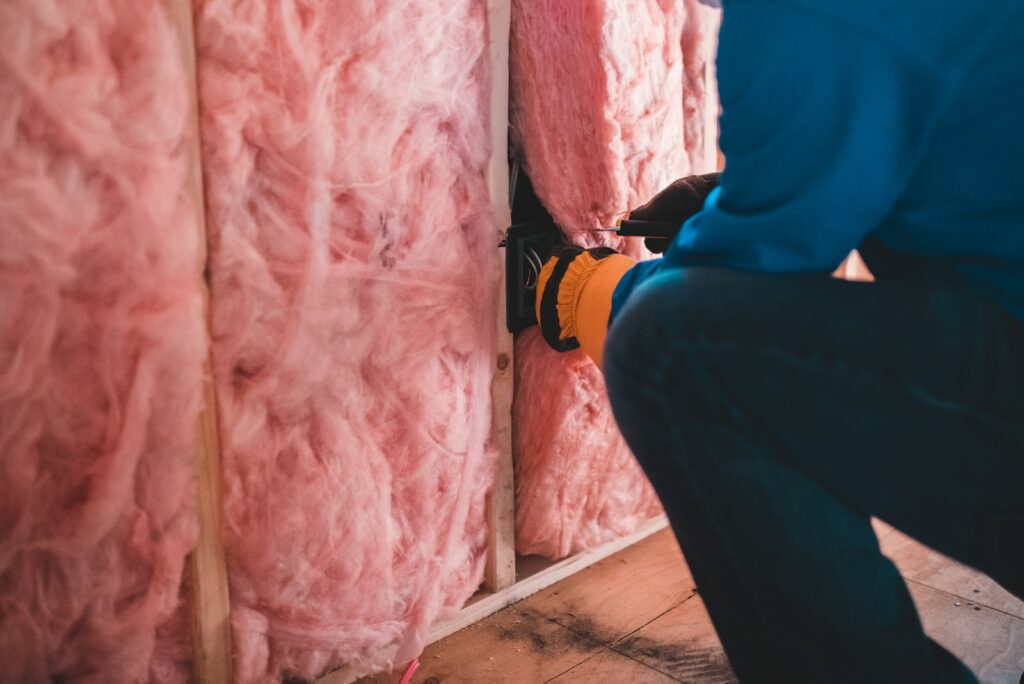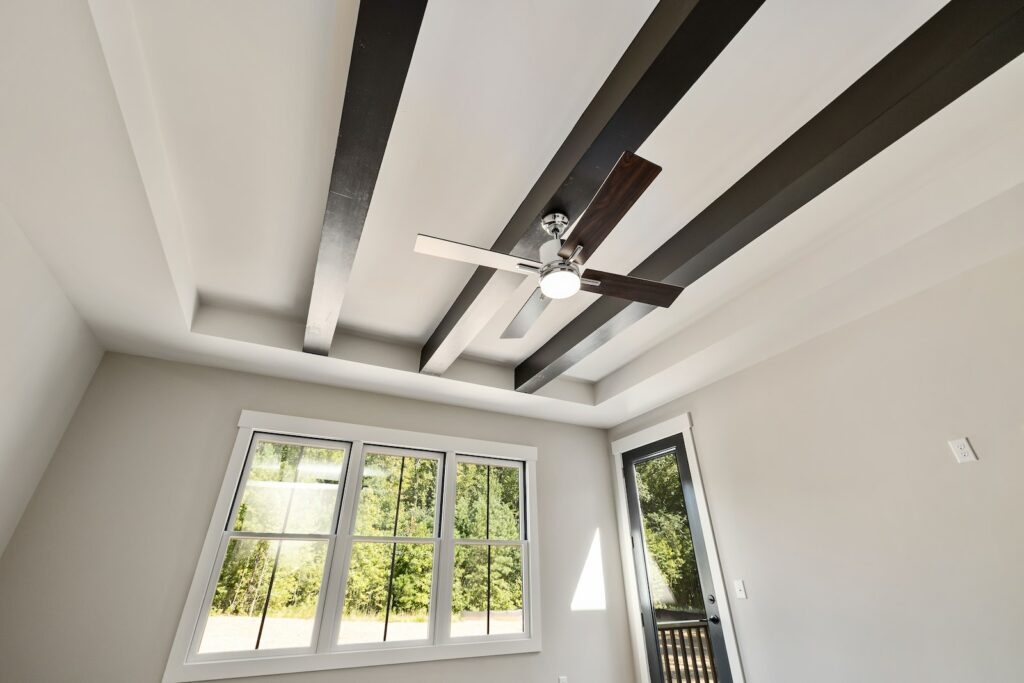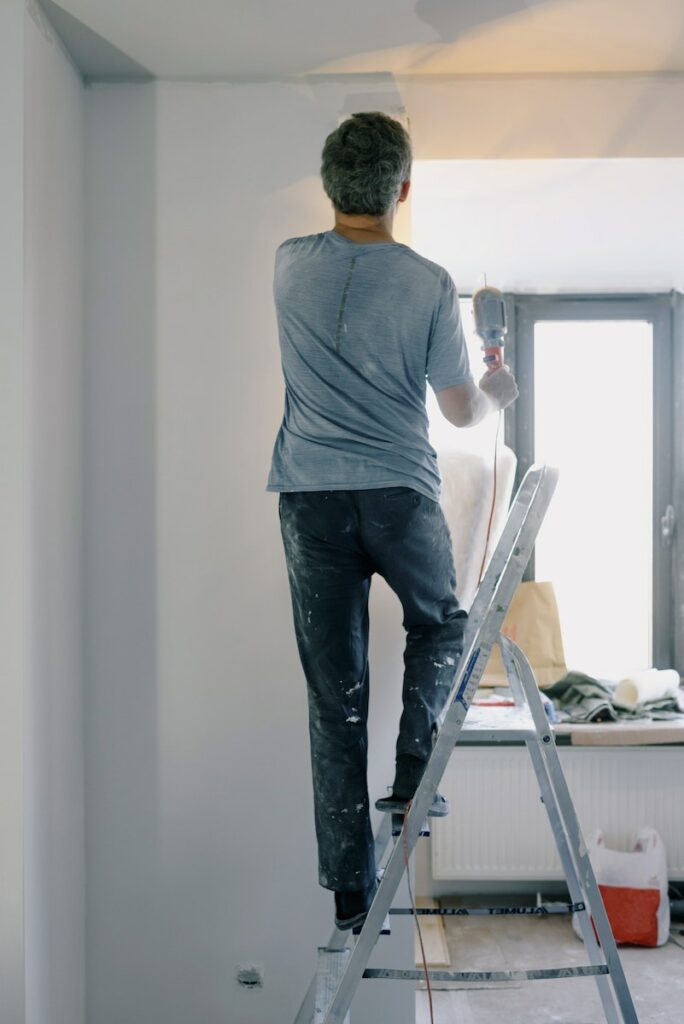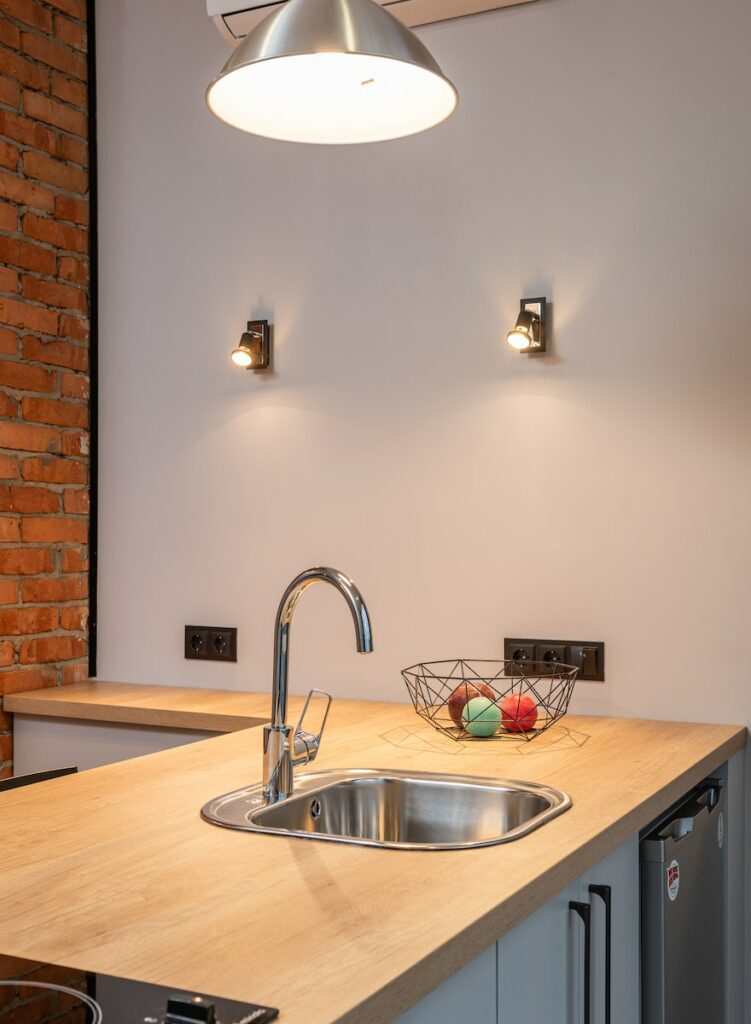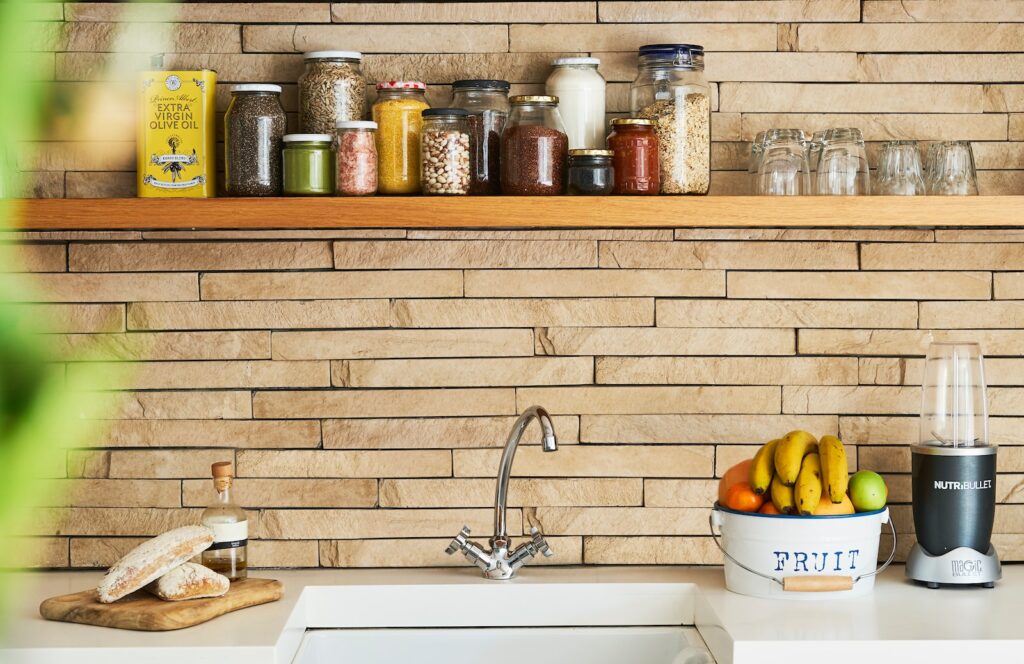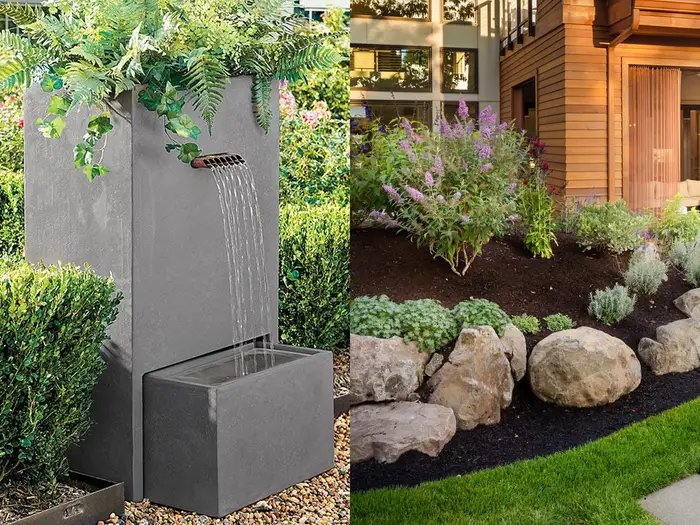The Ultimate Guide to Home Maintenance: Step-by-Step DIY Guide
Home maintenance is one of the most important things a homeowner can do to keep their home functioning properly and looking its best. Regular maintenance can help prevent costly repairs and increases the value of your home. Home maintenance can also help make your home safer and more comfortable. Taking good care of your home is an investment in your family’s wellbeing and can save you time, money and worry in the long run. This guide will show you the basic steps to home maintenance, so you can keep your home in good condition.
Why Home Maintenance Is Important
Home maintenance is important because it helps to protect the investment you’ve made in your home. Regular maintenance helps to make sure that your home is functioning properly and that it looks its best. It can also help to prevent costly repairs down the line. Maintenance helps to keep your home safe and secure, as well as increasing its value. Regular maintenance can also help to reduce energy costs, as well as ensuring that appliances in your home are running efficiently. In addition, regular maintenance can help to keep your family comfortable and healthy.
What Home Maintenance Includes
Home maintenance includes a variety of tasks that help keep your home in tip-top shape. These tasks include both indoor and outdoor maintenance, and may include tasks such as checking and replacing air filters, cleaning gutters, inspecting foundations, checking HVAC systems, and more. Home maintenance should be done on a regular basis, as this is the best way to keep your home in good condition. The frequency of maintenance will depend on your home, as some tasks may need to be done more often than others.
Time & Expense
Home maintenance can take anywhere from a few hours a month to a few days depending on the size and age of the home. Depending on the size and complexity of the home, the cost of home maintenance can range from a few hundred dollars a month to up to several thousands of dollars a year. It’s important to budget for these costs as part of your overall home maintenance plan.
Step-by-Step Guide to Home Maintenance
1. Check the foundation of your home – Inspect the foundation of your home on a regular basis. Look for cracks in the foundation, and any signs of water damage. Be sure to call a professional if any major issues are found.
2. Inspect your roof – Check your roof for any missing, broken, or damaged shingles. Inspect gutters and downspouts for any blockages, and ensure that they are firmly attached and draining properly.
3. Inspect your HVAC system – Make sure your HVAC system is running efficiently, and change the air filter every few months. Be sure to inspect the air conditioning and heating systems for any signs of wear or damage.
4. Clean exterior surfaces – Clean exterior surfaces like doors, windows, and siding. This will help to prevent damage caused by dirt and debris buildup.
5. Check for pests – Look for any signs of pests and take appropriate action if needed.
6. Check for safety hazards – Inspect the home for any safety hazards, such as exposed wires or damaged stairs.
7. Inspect pipes and drains – Inspect all pipes and drains in your home for any signs of leaks or damage.
8. Clean interior surfaces – Clean interior surfaces like walls, windows, and floors. This will help to prevent buildup, which can lead to damage.
9. Check appliances – Inspect all appliances such as stoves, dishwashers, and refrigerators. Make sure they are running efficiently and that there are no signs of wear or damage.
10. Check the exterior of the home – Make sure the siding and paint job are in good condition. Look for any signs of mold or mildew, and inspect the windows and doors for any signs of damage.
11. Inspect the yard – Look for any signs of damage or weeds in the yard. Make sure trees and shrubs are trimmed and that pathways and walkways are clear.
12. Check for fire hazards – Ensure that your home is free of any fire hazards. Make sure that all smoke and carbon dioxide detectors are in working order.
13. Clean gutters – Clean your gutters regularly to prevent damage from debris buildup.
14. Clean windows – Clean your windows regularly to let in more natural light and reduce your energy costs.
15. Check for electrical safety – Make sure any exposed wiring is in good condition. Inspect all outlets and switches to ensure that they are functioning properly.
16. Inspect doors & windows – Look for any signs of damage or wear on your doors and windows.
Importance of Regular Home Maintenance
Regular home maintenance is important to keep your home in top shape and to avoid costly repairs. It’s also important to be aware of any safety issues or hazards in the home, as these can cause serious injury or damage. It’s important to be proactive in your home maintenance and to inspect your home regularly to prevent any issues from getting worse or becoming more expensive. Doing regular home maintenance is an investment in your family’s wellbeing and can help you save time, money, and worry in the long run.
Precautions
When doing home maintenance, it’s important to take certain precautions to avoid injury or further damage to the home. It’s important to always be aware of your own safety and wear appropriate clothing and protective equipment when doing any home maintenance tasks. If you are unsure of how to do a task, it’s best to contact a professional. Additionally, if any problems are found during maintenance, it’s best to call a professional for help as these problems may require more than DIY remedies.
Conclusion
Home maintenance is important for keeping your home in good condition, preventing costly repairs, and increasing the value of your home. It’s important to be proactive and inspect your home regularly for any signs of wear or damage. This guide has shown you the basic steps to home maintenance, including tasks such as checking the foundation, inspecting HVAC systems, cleaning exterior surfaces, and more. Taking the time to maintain your home can help you save time, money, and worry in the long run.

